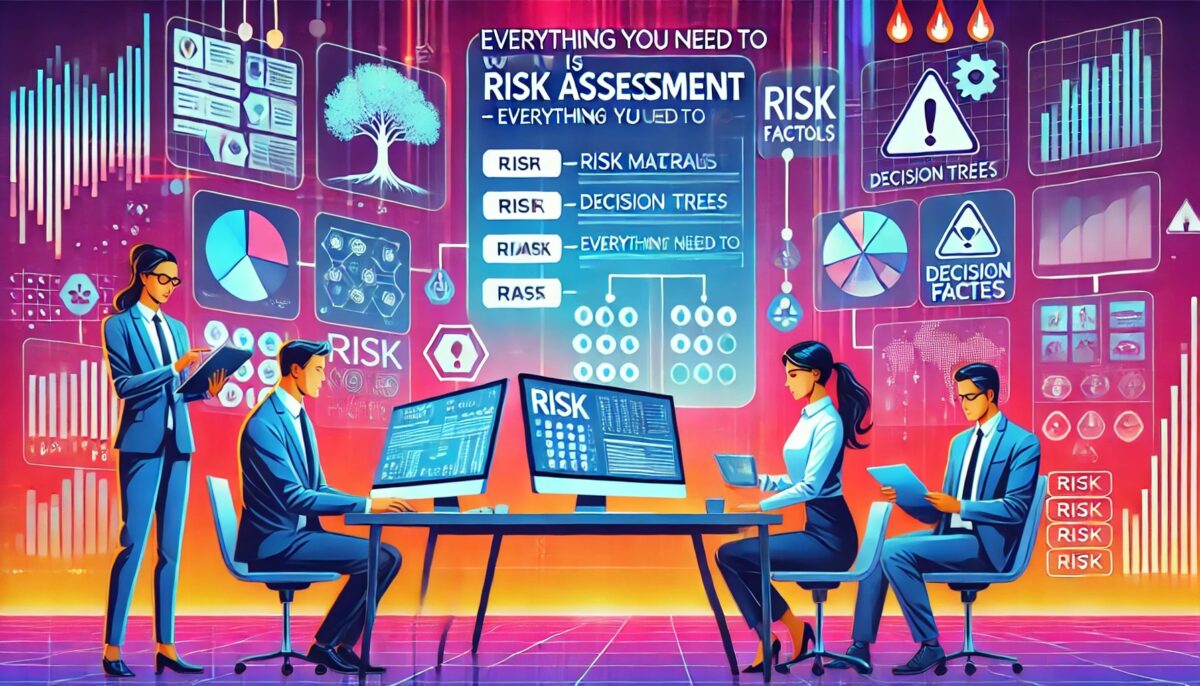Alright folks, let me tell you something that’s been on my mind lately. If you’re reading this, chances are you’re looking for some serious answers about turning 18. Let’s face it, turning 18 is like stepping into a whole new world. It’s not just about being an adult—it’s about responsibility, freedom, and making decisions that shape your life. So, if you're thinking, "What exactly happens when I turn 18?"—you're in the right place. Stick around because we’re about to dive deep into all the juicy details.
Turning 18 isn’t just about celebrating your birthday or finally being able to vote. It’s also about understanding what it means to be legally responsible for yourself. You’ll hear a lot of buzzwords like "independence," "adulting," and "legal rights." But what does it all mean? Well, that’s what we’re here to figure out. This guide will walk you through everything you need to know about turning 18, step by step. So buckle up!
Now, before we jump into the nitty-gritty, let me just say this: knowledge is power. The more you know about what’s coming your way, the better prepared you’ll be. Whether you’re about to hit the big 1-8 or you’re just curious about what it entails, this comprehensive guide has got you covered. No fluff, no filler—just straight-up facts. Let’s get started.
What Exactly Happens When You Turn 18?
Let’s cut to the chase. When you turn 18, you officially become a legal adult in most countries. This means you gain certain rights and responsibilities that you didn’t have before. It’s like getting a backstage pass to adulthood, but trust me, it comes with a lot of fine print. Here’s a quick rundown of what changes once you hit that milestone:
- You can vote in national and local elections.
- You’re legally responsible for your actions, which means no more blaming your parents.
- You can sign contracts, rent apartments, and open credit cards in your own name.
- Healthcare decisions are now your responsibility unless you have a legal guardian.
But here’s the thing, folks—while all these new privileges sound exciting, they also come with a lot of responsibility. Think of it like getting a superpower but without the cool cape. You’ve got to learn how to handle it responsibly.
Legal Age in Different Countries
Now, let’s talk about how the age of majority varies across the globe. While 18 is the standard in many countries, some places have different rules. For example, in Japan, you’re considered an adult at 20. In Scotland, it’s 16. So, if you’re planning to move abroad or travel, it’s good to know how the laws might differ. Check out this table for a quick overview:
| Country | Age of Majority |
|---|---|
| United States | 18 |
| Canada | 18-19 (varies by province) |
| United Kingdom | 18 |
| Japan | 20 |
Key Rights and Responsibilities at 18
Alright, let’s break down the key things that change when you turn 18. This is where the rubber meets the road, so pay attention. Here’s what you need to know:
1. Voting Rights
One of the biggest perks of turning 18 is the right to vote. Whether it’s for president, governor, or your local school board, your voice matters. Don’t underestimate the power of your vote. In fact, studies show that younger voters have the potential to sway elections more than any other demographic. So, if you care about issues like climate change, healthcare, or education, this is your chance to make a difference.
2. Financial Independence
When you turn 18, you can open bank accounts, apply for credit cards, and even take out loans—all in your own name. But here’s the catch: if you mess up, it’s on you. Late payments, overdrafts, and high-interest debt can haunt you for years. That’s why financial literacy is so important. Learn the basics of budgeting, saving, and investing early on, and you’ll set yourself up for success.
3. Legal Contracts
Ever wanted to rent an apartment or sign up for a gym membership? Now you can. But remember, once you sign on the dotted line, you’re legally bound to that contract. If you break it, there could be consequences. Always read the fine print and make sure you understand what you’re agreeing to.
Financial Management for 18-Year-Olds
Money talks, folks, and when you turn 18, it talks louder than ever. Here’s how to manage your finances like a pro:
- Create a budget: Track your income and expenses to avoid overspending.
- Build credit: Start small with a secured credit card and pay off your balance every month.
- Save for emergencies: Aim to set aside at least 20% of your income for unexpected expenses.
Financial independence is empowering, but it also requires discipline. The earlier you learn good habits, the better off you’ll be in the long run.
Common Financial Pitfalls to Avoid
Let’s be real—nobody’s perfect, and mistakes happen. But some financial mistakes can cost you big time. Here are a few to watch out for:
- Racking up credit card debt.
- Not saving for the future.
- Ignoring your credit score.
Healthcare and Insurance After Turning 18
When you turn 18, your healthcare situation might change. If you’re still on your parents’ insurance, you’ll likely stay covered until age 26. But if you’re on Medicaid or another government program, your eligibility might change. It’s important to understand your options and make sure you have coverage. Here’s what you need to know:
1. Staying on Parents’ Insurance
Under the Affordable Care Act, you can remain on your parents’ insurance until age 26. This gives you time to figure out your own plan or enroll in employer-sponsored coverage if you get a job. But don’t wait until the last minute—start exploring your options early.
2. Health Insurance Options
If you’re not covered by your parents, you’ll need to look into other options. This could include:
- Employer-sponsored plans.
- Government programs like Medicaid.
- Private insurance through the marketplace.
Health insurance might seem confusing, but it’s essential. Without it, medical bills can add up quickly and derail your financial future.
Education and Career Choices After Turning 18
Turning 18 is also a time to think about your future. Whether you’re heading to college, starting a trade school, or jumping straight into the workforce, there are plenty of paths to choose from. Here’s how to make the best decision for you:
1. College vs. Trade School
College isn’t for everyone, and that’s okay. If you’re more hands-on, a trade school might be a better fit. Electricians, plumbers, and mechanics are in high demand, and they often earn competitive salaries. Do your research and weigh the pros and cons of each option.
2. Job Hunting Tips
If you’re ready to enter the workforce, here are a few tips to help you land your dream job:
- Create a killer resume.
- Network with professionals in your field.
- Prepare for interviews by practicing common questions.
Remember, your first job doesn’t have to be your forever job. It’s all about gaining experience and figuring out what you want to do next.
Legal Rights and Responsibilities
When you turn 18, you gain a whole new set of legal rights and responsibilities. Here’s what you need to know:
1. Driving Laws
In most states, you can get a full driver’s license at 18. But remember, safe driving is key. Accidents can lead to fines, points on your license, and even legal trouble. Follow the rules of the road and stay safe out there.
2. Jury Duty
Once you turn 18, you might be called for jury duty. It’s a civic duty that helps ensure justice in our legal system. While it might seem inconvenient, it’s an important part of being an adult.
Mental Health and Well-being
Turning 18 can be overwhelming, and that’s normal. It’s important to prioritize your mental health and well-being. Here are a few tips to help you stay balanced:
- Talk to someone if you’re feeling stressed or anxious.
- Exercise regularly and eat a healthy diet.
- Make time for hobbies and activities you enjoy.
Your mental health is just as important as your physical health. Don’t be afraid to seek help if you need it.
Support Systems
Having a strong support system is crucial. Whether it’s family, friends, or a therapist, having people you can rely on makes all the difference. Don’t be afraid to lean on others when times get tough.
Final Thoughts
Turning 18 is a big deal, but it doesn’t have to be scary. With the right knowledge and preparation, you can navigate this new chapter of your life with confidence. Remember, adulthood is about making choices, learning from mistakes, and growing into the best version of yourself.
So, what’s next? Take action! Whether it’s registering to vote, opening a savings account, or exploring your career options, there’s no time like the present. Share this guide with a friend or leave a comment below. Let’s keep the conversation going.
Table of Contents
- Comprehensive Guide to 18 Everything You Need to Know
- What Exactly Happens When You Turn 18?
- Legal Age in Different Countries
- Key Rights and Responsibilities at 18
- Financial Management for 18-Year-Olds
- Common Financial Pitfalls to Avoid
- Healthcare and Insurance After Turning 18
- Education and Career Choices After Turning 18
- Legal Rights and Responsibilities
- Mental Health and Well-being
- Final Thoughts
That’s it for now, folks. Thanks for sticking with me through this comprehensive guide. Remember, adulthood isn’t about having all the answers—it’s about asking the right questions. Keep learning, keep growing, and most importantly, keep hustling. You’ve got this!


